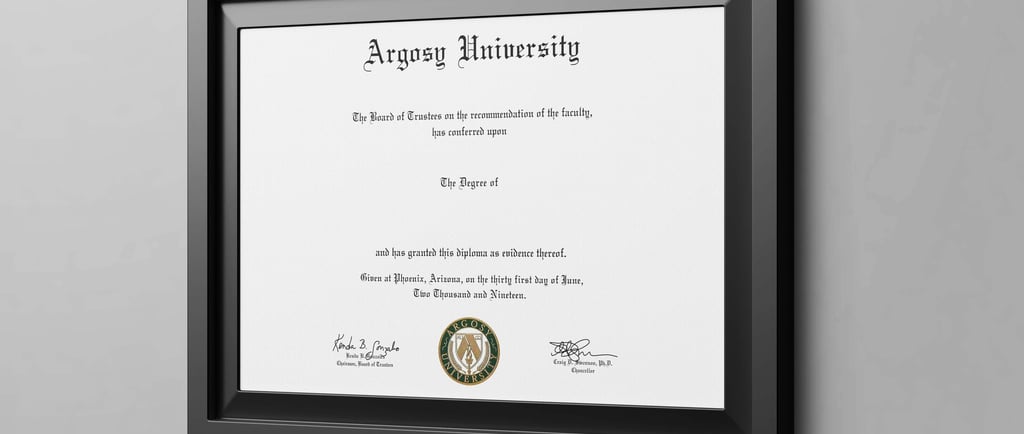Identifying Fake Diploma Certificates
To identify fake diploma certificates, especially with the rise of "Diploma Mills," it's crucial for employers to rigorously validate potential hires' qualifications. Many companies skip verification despite legal risks. Strategic methods to improve security and ensure compliance in the face of easily obtainable counterfeit educational documents are needed.


Examine Certificate Design
One of the initial steps in identifying a counterfeit diploma is a detailed examination of its design. Authentic certificates are distinguished by their embossed details and the presence of a gold seal. When held up to a light source, a legitimate diploma will reveal a hologram watermark, a feature absent in fakes. Additionally, genuine certificates bear signatures penned in ink, not printed, and are devoid of spelling errors. These elements are fundamental in distinguishing a real diploma from a counterfeit one.
Scrutinize the Language Used
The language employed on the certificate can also serve as a telltale sign of its authenticity. The presence of Latin terminology or the incorrect use of academic honors, such as "cum laude" in the US context and "with honours" in the UK, can raise suspicions. It's noteworthy that UK institutions have ceased issuing Latin certificates for over a decade. Misplacements in the naming convention of universities, such as "Sheffield University" instead of "The University of Sheffield," are red flags indicating a diploma's lack of authenticity.
Verify University Location and Domain
Validating the university's location and domain name is a critical step in the verification process. A simple online search to confirm the university's address can expose fictitious institutions. The domain used by the university in email addresses and websites should resemble that of legitimate educational institutions. Discrepancies in this area often unveil the diploma's fraudulent nature.
Consult Verification Experts
While the methods outlined provide a strong foundation for identifying fake diplomas, they can be time-consuming and may not always yield accurate results, especially for qualifications obtained from foreign institutions. In such cases, leveraging the expertise of professional degree verification services becomes indispensable. These entities specialize in authenticating educational credentials, offering a reliable solution to the challenge of identifying fake diplomas.
In conclusion, the fight against fake diploma certificates demands vigilance and a multi-faceted approach. By paying close attention to the certificate's design, language, and the authenticity of the issuing institution, employers can significantly mitigate the risk of being deceived by counterfeit qualifications. When in doubt, consulting with professional verification services offers an added layer of security in ensuring the integrity of academic credentials.
